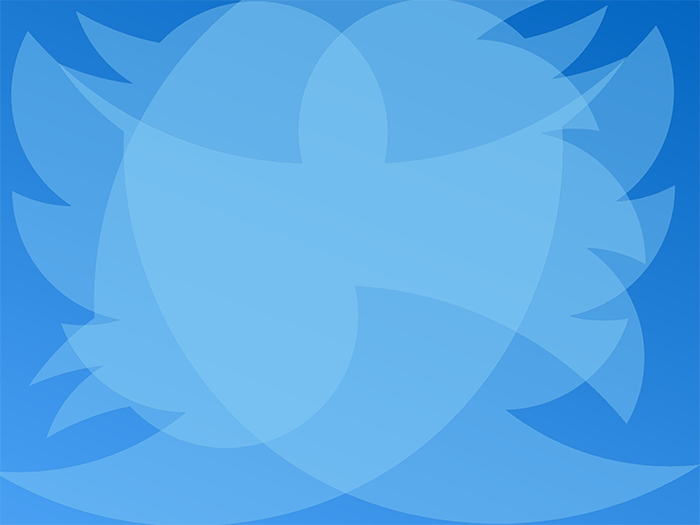
Twitter fulfils four beneficial functions in my life. It gives me a free and instantaneous platform from which to voice opinions. It allows me to share my enthusiasms and discoveries with strangers. It provides a readymade network for promoting my activities as a designer, writer, and publisher. And finally, by enabling me to follow a small band of other Twitter users, I have a constant supply of links to rich and often arcane online material that I might otherwise miss.
I can’t deny that the first function is linked to an egotistical, “me-generation” urge to be noticed. Social media as a platform for showing off and displaying symptoms of chronic neediness is well known. As Aaron Balick notes on his Minds Work blog, “the way in which we engage across online social networks engages a particular part of the personality—most notably the outward facing part of our egos—that parts of ourselves that we are most willing to display to others. The ego is a highly managed (sometimes manufactured) part of the self, and is composed largely of how we’d like to see ourselves, and how we’d like others to see us.”
I plead guilty to projecting a version of myself on Twitter that is the person I’d like to be seen as. The self I expose on Twitter is not a false self, but it is only a partial view. Twitter allows me to do this with relative impunity. Avoiding opprobrium and abuse is easy. All you have to do is resist the urge to express opinions on Justin Bieber or One Direction, and don’t reply to anyone who wants to take a verbal bacon-slicer to you. As the online nostrum has it: “Don’t feed the trolls.”
I’m on firmer ground with my second function: sharing. I rarely Tweet without a link and I get satisfaction from posting a URL and then watching it get circulated by others. It would be too grand to call this altruism; it’s a form of exhibitionism, but it comes from a natural instinct to share—and promote—the things that delight me.
The third use is blatantly commercial. The publishing company I co-founded uses Twitter as its primary communication tool. It’s doubtful if it would survive without the bush telegraph of social media. I also use Twitter for my non-publishing activities: I post details of my writing, designing, and lecturing activities. I do this for purely mercenary reasons.
The fourth reason is less self-centered than the other three. I follow a small group of energetic and noteworthy Twitter users who provide me with access to an unending stock of images, video clips, entire films, music, and texts. Without this network of connections, my life would be poorer.
There are two other aspects of Twitter that keep me coming back for more. The first is the ability to call attention to corporate failure and institutional malfeasance. Most businesses and institutions—including governments—have adopted social media as a useful PR device. But it often has the opposite effect from the one they intended. The great bonus of social media is that, unlike broadcast media, it permits two-way communication. Highlighting corporate misbehavior or pointing out officialdom’s failures, is an asset that almost uniquely Twitter provides.
My final Twitter delight is the much-derided 140-character limitation. This is routinely dismissed as pitifully reductive, and another step towards a globalized culture of zero attention spans. Twitter certainly encourages moronic utterances and sub-literate abuse, and many people suffer from what the writer Will Self calls Twitter’s “cacophonous ubiquity.” Robin Williams’ daughter was subjected to intolerable abuse in the aftermath of her father’s death; and it is now the tool of choice for terrorist groups wishing to demonstrate the brutality of their actions. But there is another Twitter—a Twitter of fizzing wit and smart haiku-like observations. There’s an art (if only a minor one) to expressing yourself in 140 characters, and when it’s done well it can be devastatingly effective.
Twitter will be surpassed by some new, faster, and more flexible alternative. Doubtlessly, its successor is already taking shape in the techno reveries of Silicone Valley whizz kids. What could it be? A brain implant that allows us to broadcast thoughts at will? Until then, I’m a committed Twitter user who values its genealogical roots that go back to Gutenberg and the first printed words on a page.
